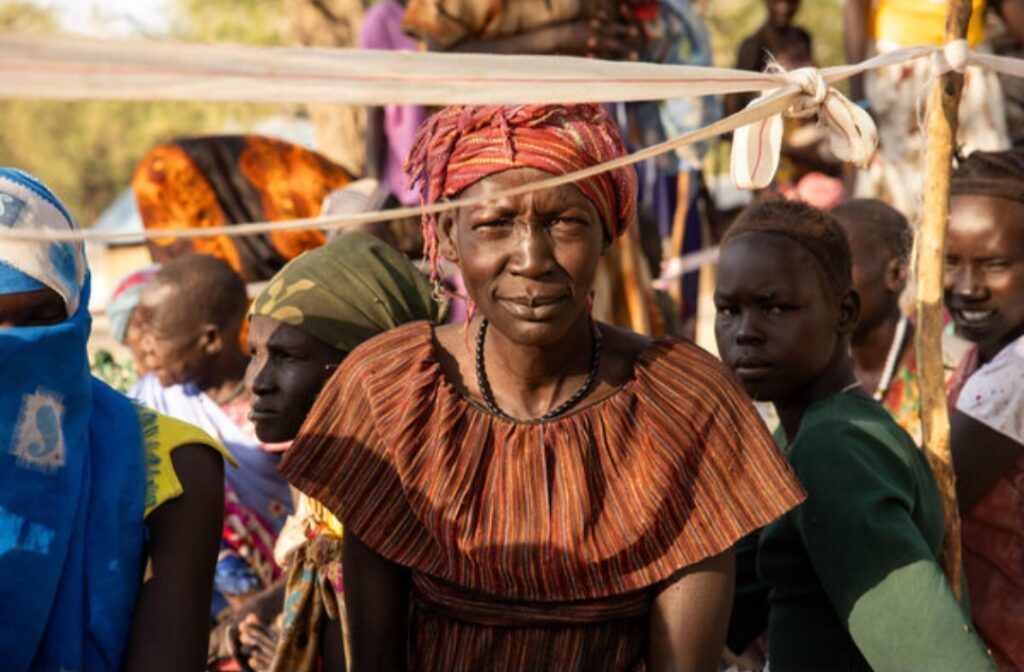
Esther Imonmion
The United Nations on Tuesday accused South Sudan’s leaders of systemic corruption that has deepened the country’s human rights and food crisis.
In its latest report, the UN Commission on Human Rights in South Sudan said political elites have diverted billions of dollars in oil revenues and other public funds for personal gain, leaving little for essential services in the country of 11 million people.
Commission chair Yasmin Sooka described corruption as “the engine of South Sudan’s decline,” saying it has fuelled hunger, collapsed health systems, and driven deadly conflict over resources. The report estimated that government oil inflows exceeded $25.2 billion since independence in 2011, but looting meant “hardly any money” was spent on citizens’ needs.
The investigation also highlighted the government’s oil-for-roads programme, which it said funnelled funds to companies linked to businessman Benjamin Bol Mel, an ally of President Salva Kiir and recently appointed vice president.
South Sudan, ranked lowest on both the UN Human Development Index and Transparency International’s Corruption Perceptions Index, faces a worsening food crisis. The World Food Programme says 7.7 million people are acutely food insecure, with hunger at “near-record levels.”
The government dismissed the report as “absurd,” citing “methodological errors” and lack of time to respond.
The commission issued 54 recommendations urging the government to end corruption, improve financial accountability, and prioritise citizens’ welfare in line with commitments made under the 2018 peace agreement.
